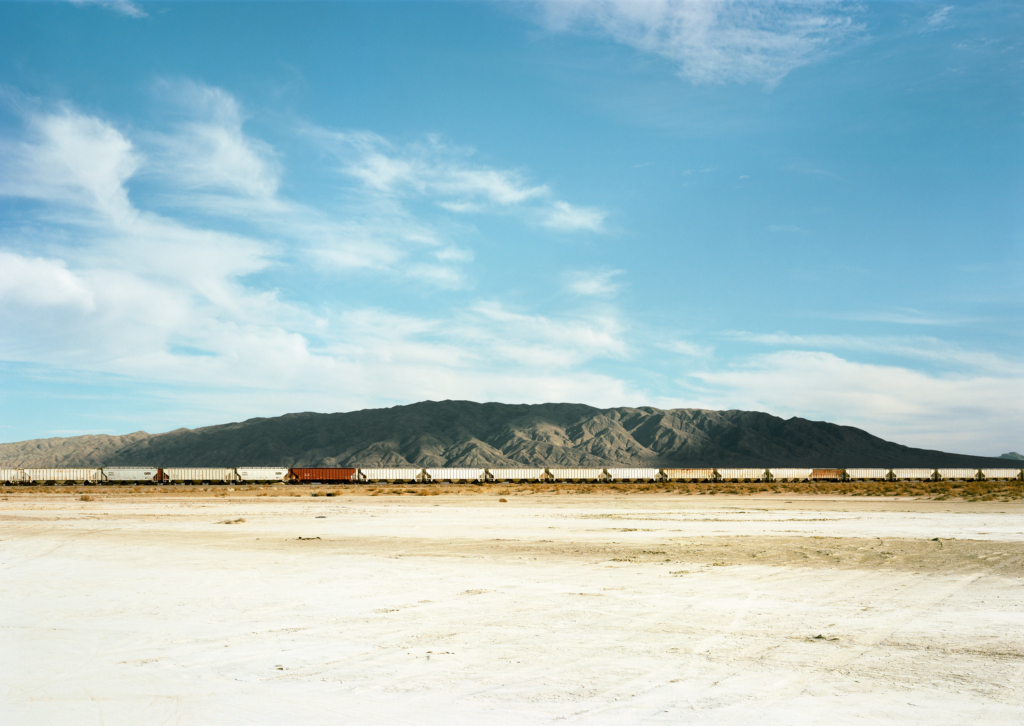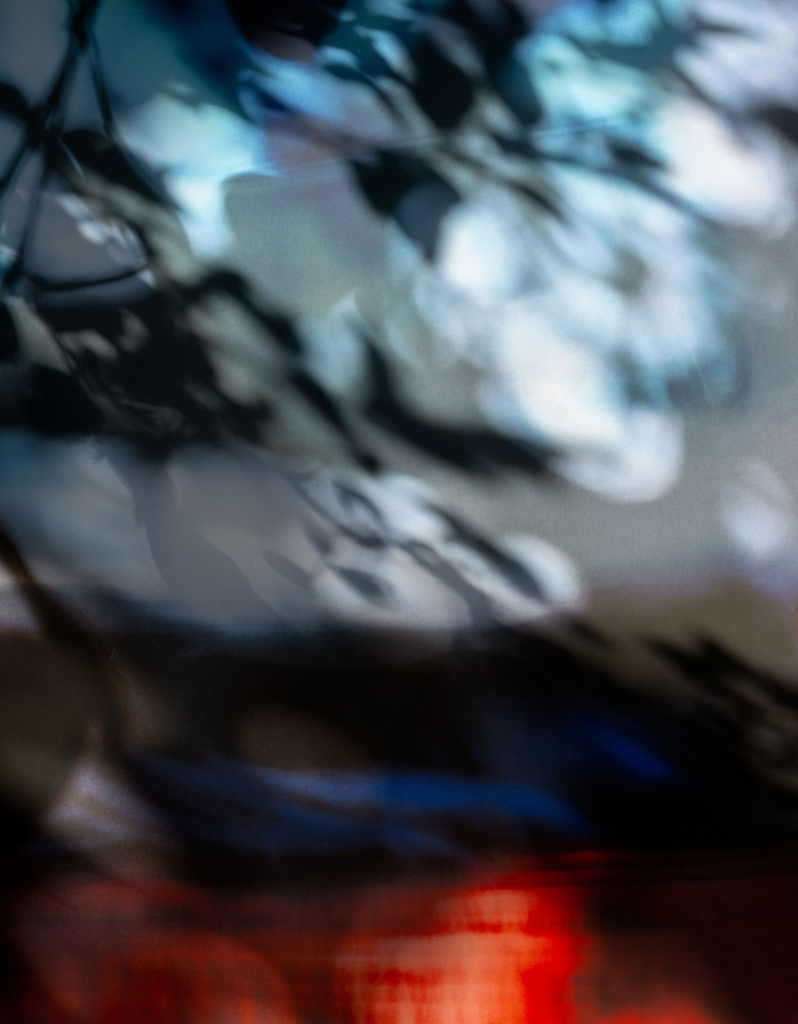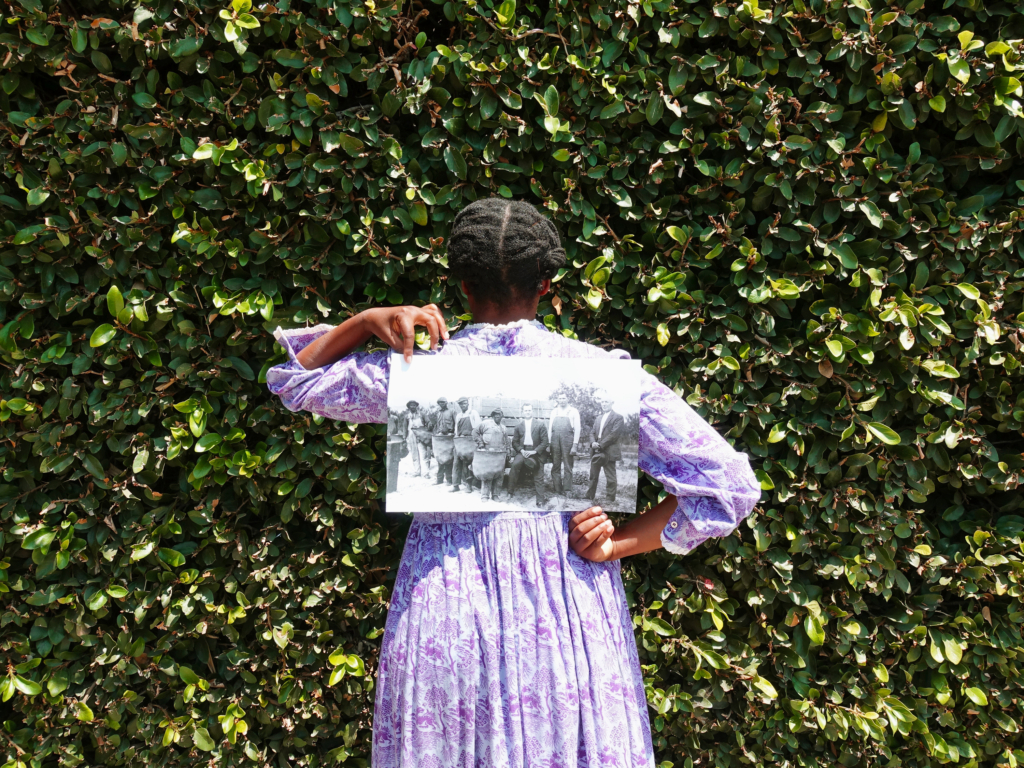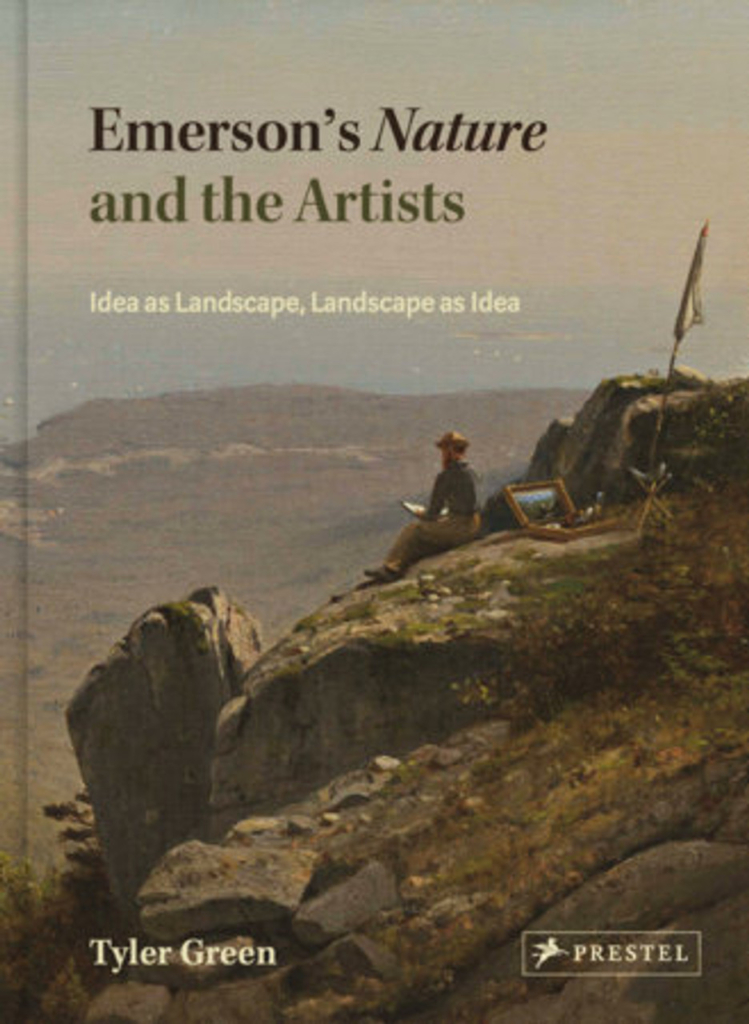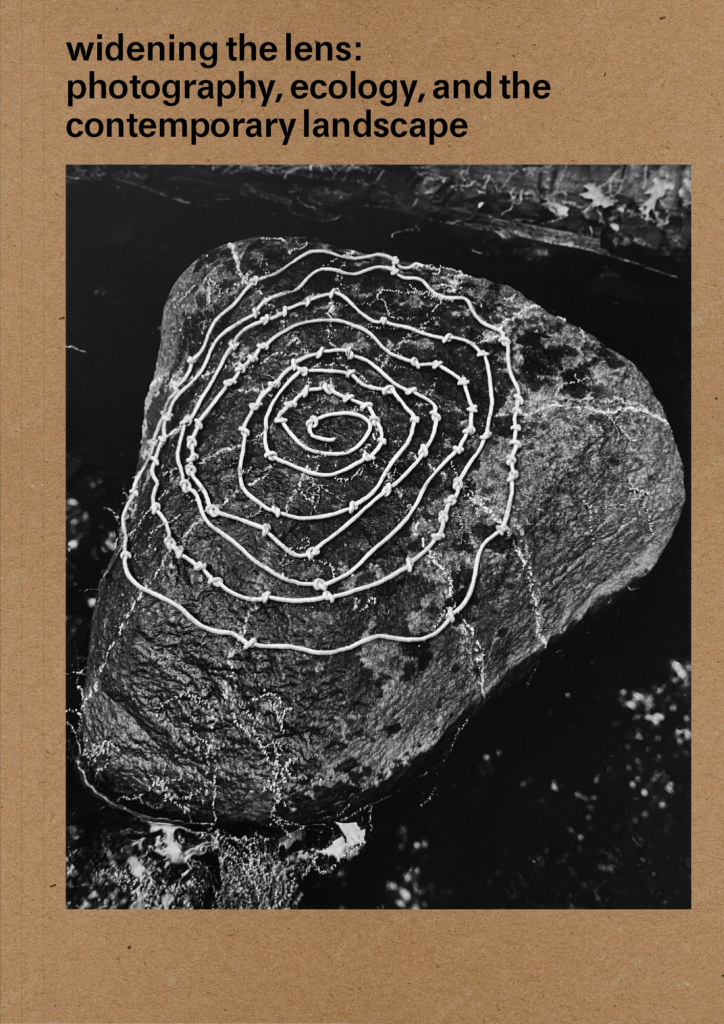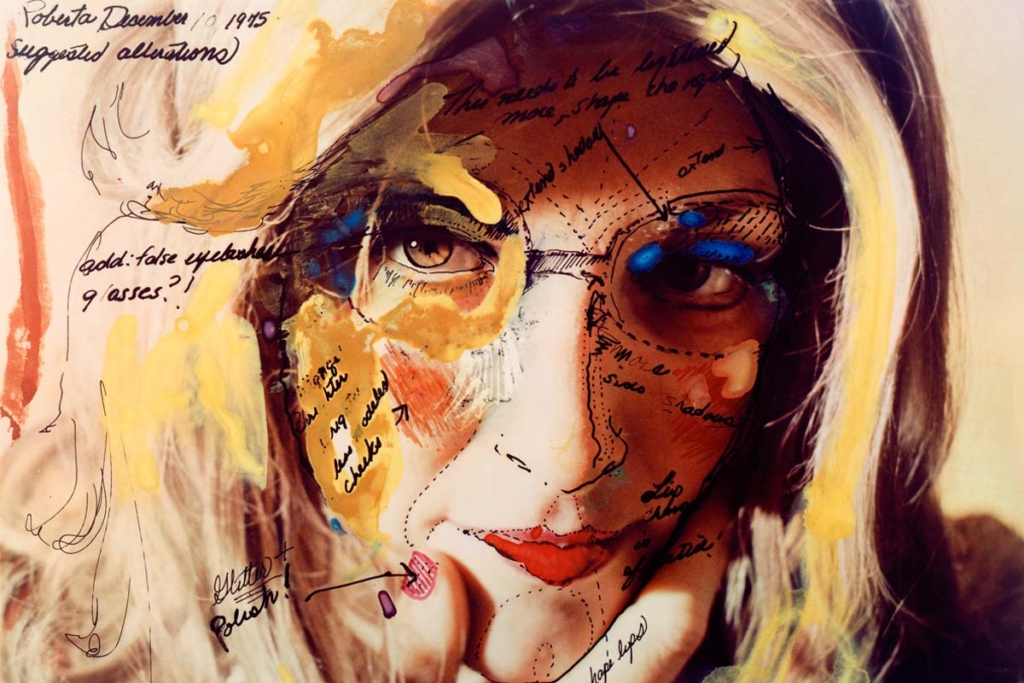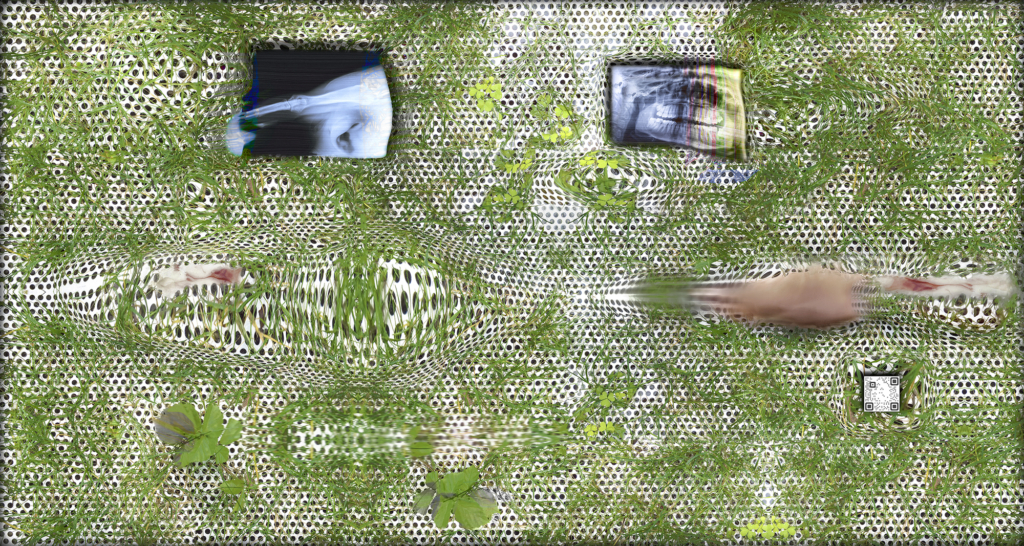Landscape photographs contain a multitude of stories about natural spaces and the people connected to them. In the first episode of Widening the Lens, archaeologist Rachael Z. DeLue and historian Tyler Green critically examine dominant narratives about land, identity, and history generated by early landscape photography, and artist Sky Hopinka considers creating alternative archives that combine the personal with the poetic.
Widening the Lens
Episode 1: The Archive
More Episodes View All →
Contributors in This Episode
Rachael Z. DeLue is the Christopher Binyon Sarofim ’86 Professor in American Art and Chair of the Art & Archaeology Department at Princeton University. She is jointly appointed in the Effron Center for the Study of America and is associated faculty in the High Meadows Environmental Institute, the Native American and Indigenous Studies Initiative, and the Program in Media and Modernity. DeLue specializes in the history of American and transatlantic art and visual culture. Currently, she serves as the editor-in-chief of the Terra Foundation Essays, on the advisory board of the Archives of American Art Journal and is at work on a book that considers the ways artists in Europe and the United States have endeavored to create images of ideas, entities, or phenomena that should be impossible to depict.
Tyler Green is an award-winning historian and critic who has produced and hosted The Modern Art Notes Podcast since 2011. Green is the author of Carleton Watkins: Making the West American (University of California Press, 2018), which won a 2019 California Book Award gold medal, and Emerson’s ‘Nature’ and the Artists (Prestel, 2021). Green’s next book, tentatively titled Claiming Yosemite: The Civil War, the California Genocide, and the Invention of National Parks is planned for 2025-26. He is also the co-founder (with Dr. Kelli Morgan) and director of The Darkwater Project, which contributes to the construction of an anti-racist US art history.
Sky Hopinka (Ho-Chunk Nation/Pechanga Band of Luiseño Indians, b. 1984) was born and raised in Ferndale, Washington and Palm Springs, California. In Portland, Oregon he studied and taught chinuk wawa, a language indigenous to the Lower Columbia River Basin. His video, photo, and text work centers around personal positions of Indigenous homeland and landscape, and designs of language as containers of culture expressed through personal, documentary, and non-fiction forms of media. His work has been exhibited internationally including at Frye Art Museum, Seattle; LUMA in Arles, France; Kunsthalle Friart, Switzerland; the Museum of Modern Art, New York; and many others. He is a 2022 MacArthur Fellow and a winner of the 2023 Baloise Art Prize at Art Basel. He currently lives in Brooklyn, New York, and is an assistant professor in the Department of Art, Film, and Visual Studies at Harvard University.
Venus Williams With 7 Grand Slam titles, 5 Wimbledon championships and 4 Olympic gold medals, tennis champion Venus Williams is arguably one of the most accomplished and inspiring women in the history of sports. Beginning her rise to the top at the age of 14, Venus quickly took the world of tennis by storm, rising to the top-ranked position, breaking countless records, and winning numerous championships.
Art in This Episode

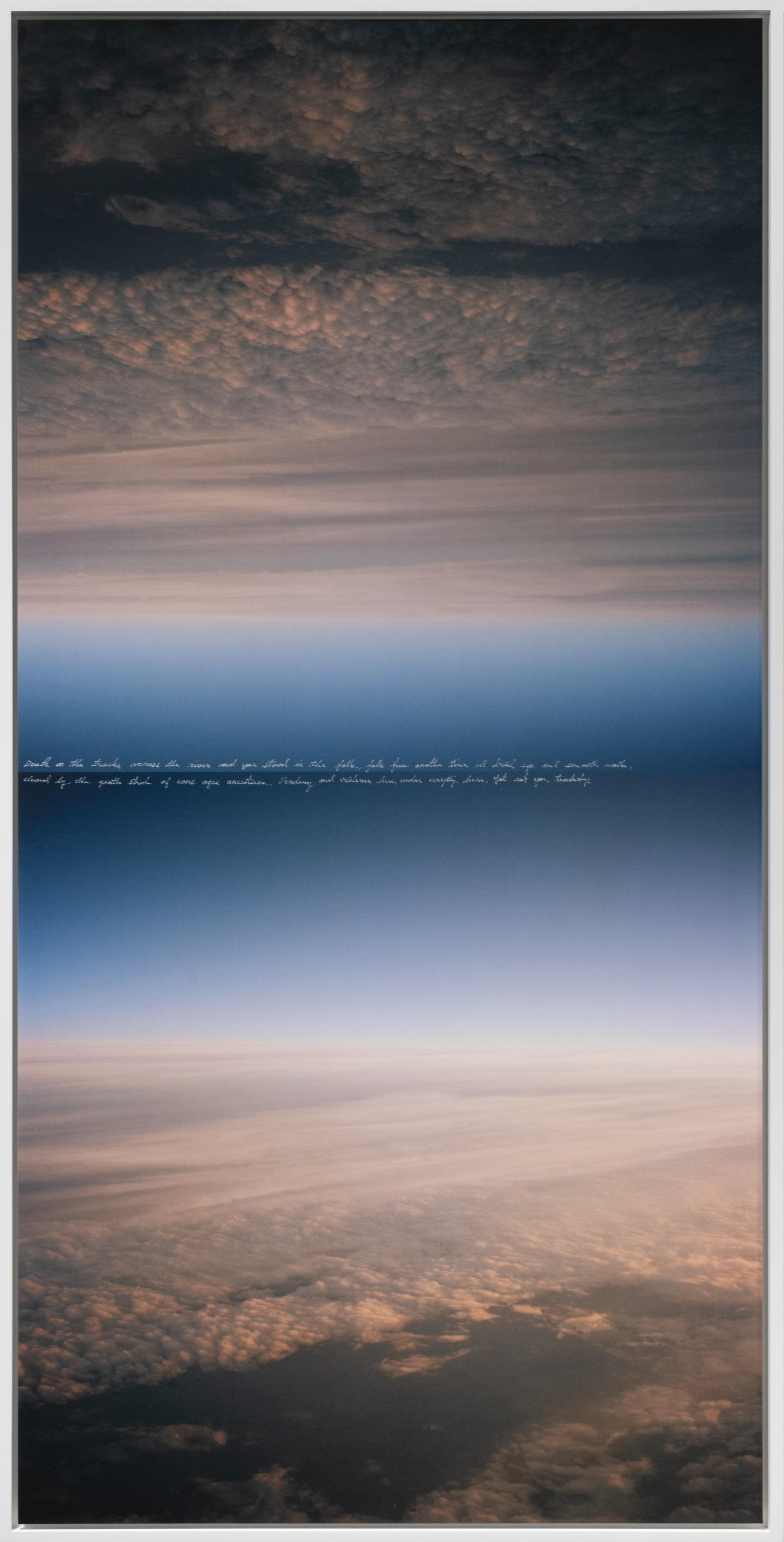
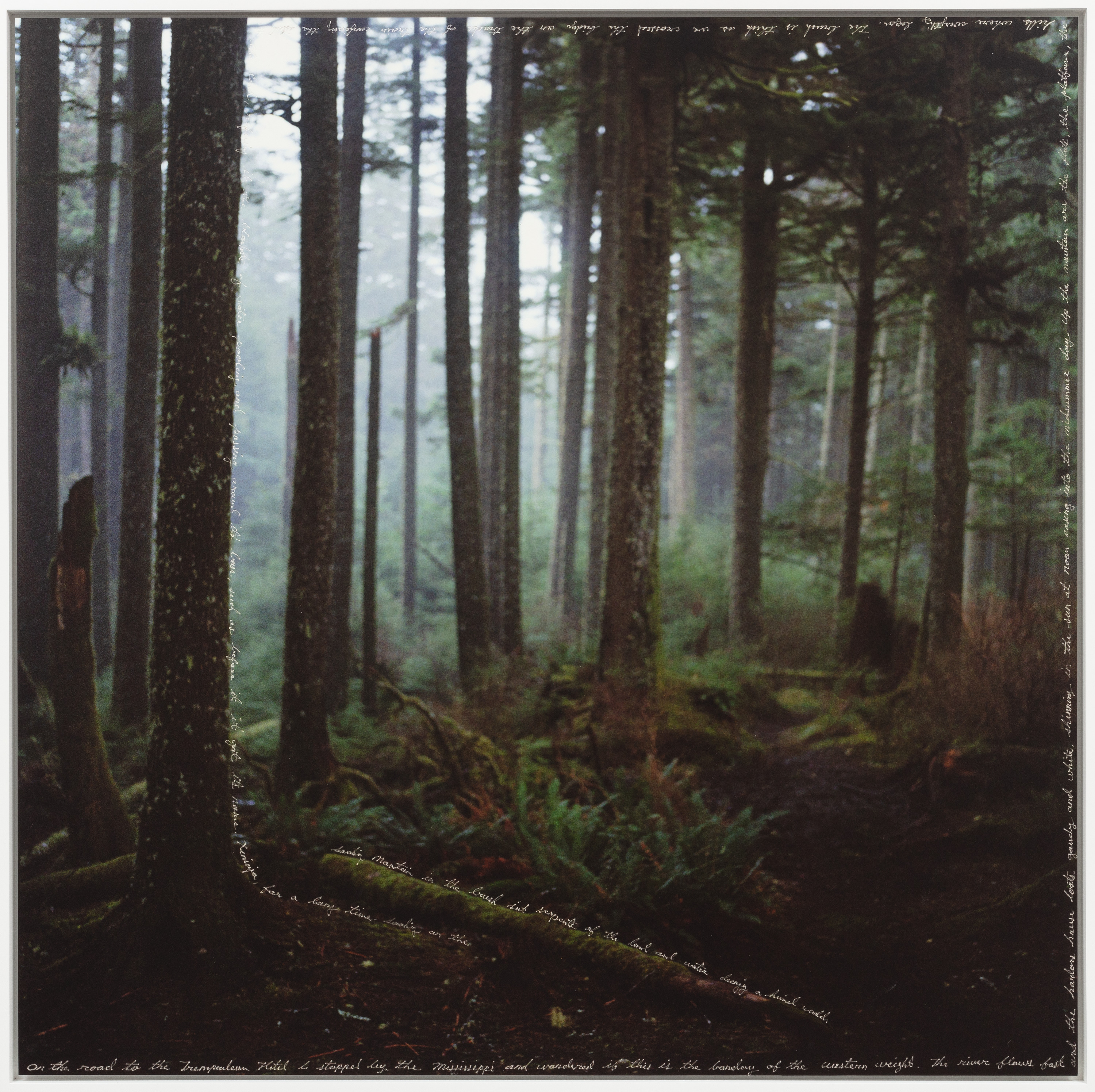

Credits
Widening the Lens: Photography, Ecology, and the Contemporary Landscape is organized by Dan Leers, curator of photography, with Keenan Saiz, Hillman Photography Initiative project curatorial assistant.
The Widening the Lens: Photography, Ecology, and the Contemporary Landscape podcast series is produced by SandenWolff, Inc.
Executive producer, writer, story editor: Rachel Wolff
Editing: Jonathan Sanden and Hannah Kaylor
Additional editing: Stephen Parnigoni and Abigail Hendrix
Original music: Noah Therrien
Read More
Purchase books written by contributors to this episode of Widening the Lens online from the Carnegie Museum of Art Store. All purchases support our mission and artistic program.
More Podcasts from Carnegie Museum of Art
Mirror with a Memory turns to artists and thinkers to unpack the ways in which the collision of photography, surveillance, and artificial intelligence impacts everyone.
Carnegie Museum of Art and WQED-FM present Artists in the World, a podcast that opens conversations between artists and their contemporaries.
